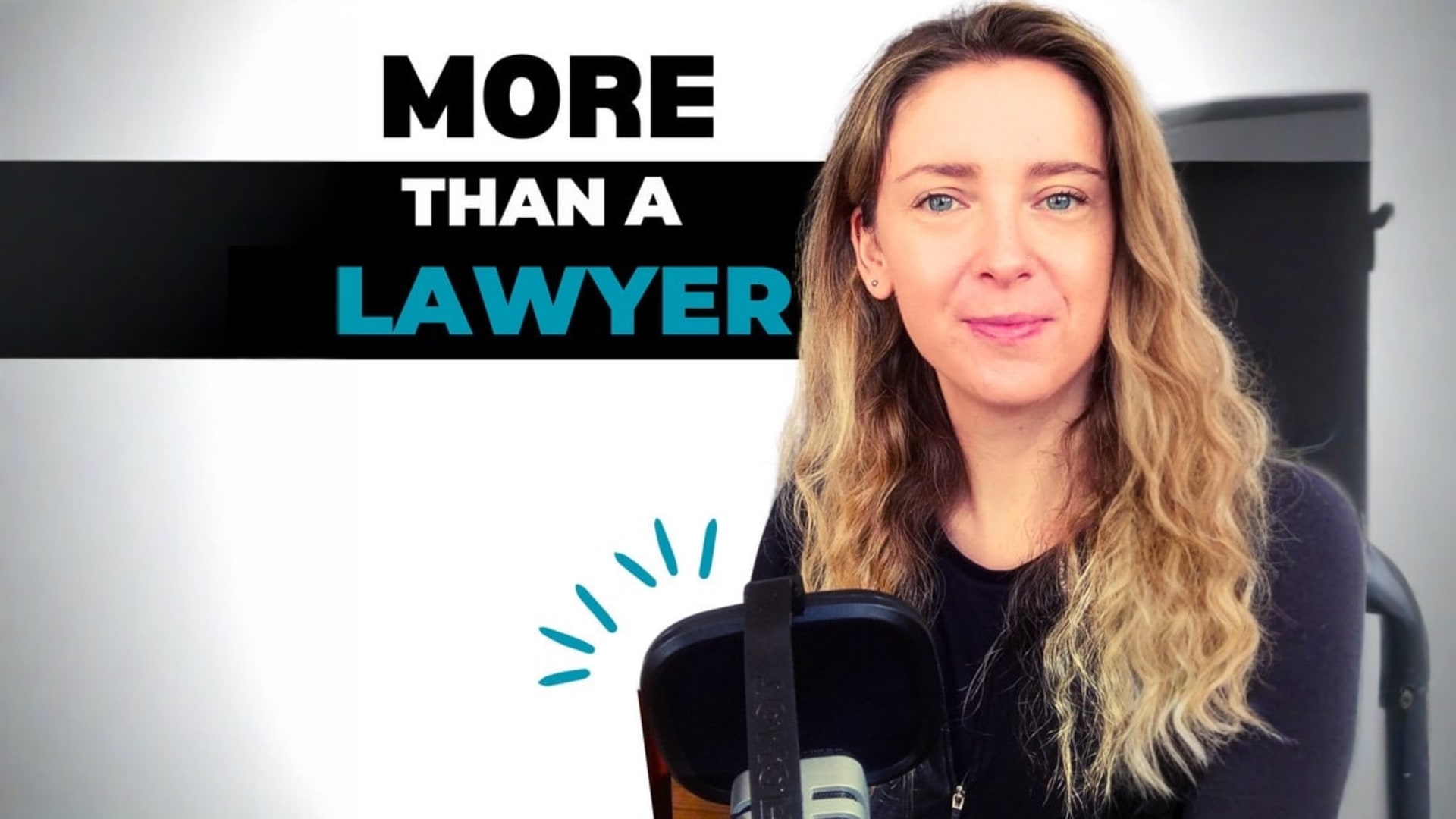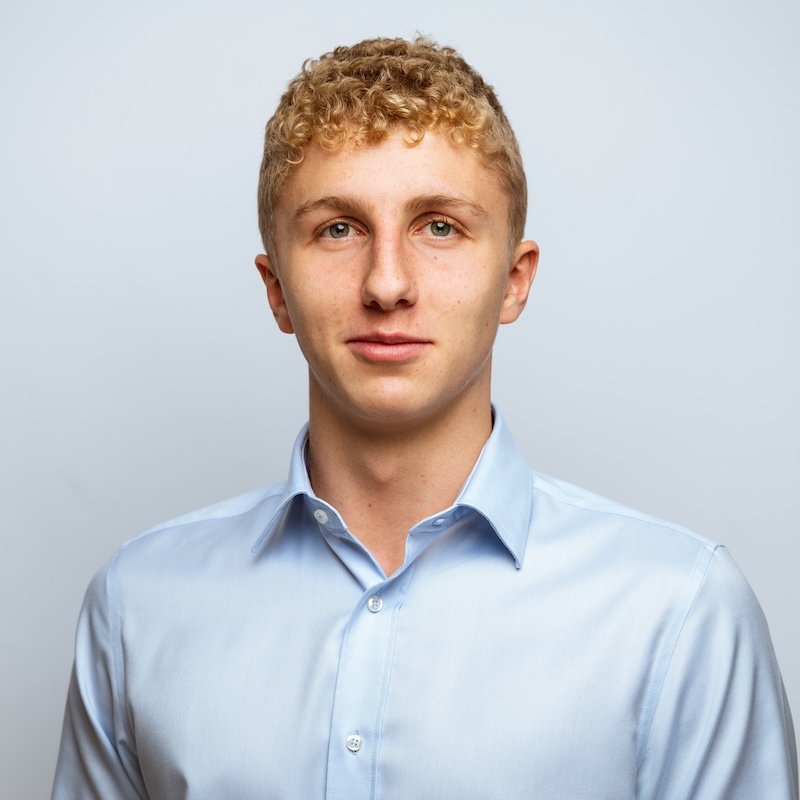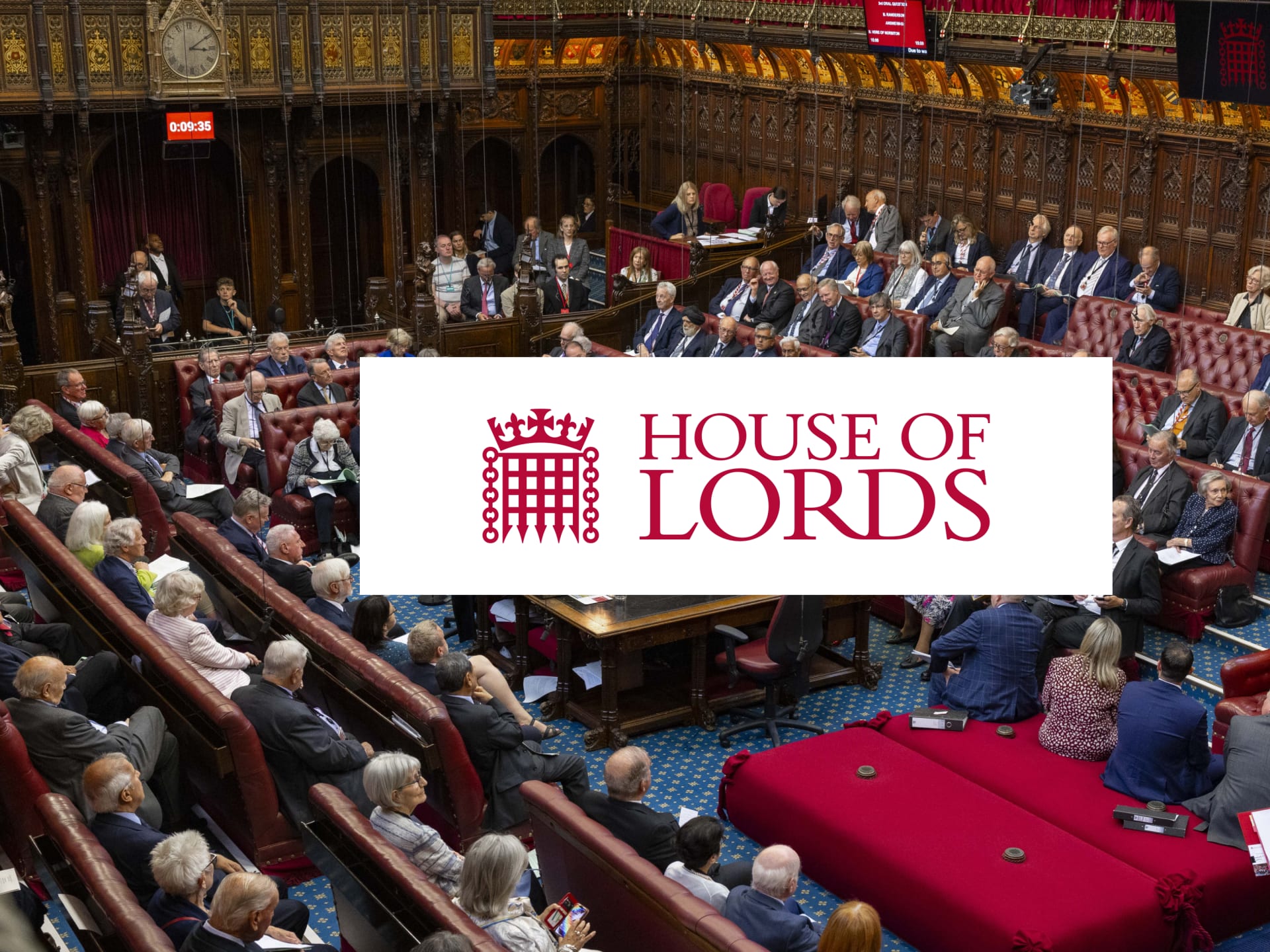Garfield AI CEO Discusses AI Legal Innovation on More Than A Lawyer Podcast
In an in-depth interview with Holly Cope's 'More Than A Lawyer' podcast, Garfield AI founder Philip Young reveals the technology, regulatory journey, and vision behind the world's first SRA-approved AI-driven law firm, addressing AI hallucinations, access to justice, and the future of legal work.

London, 12 May 2025 – Philip Young, founder and CEO of Garfield AI, appeared on Holly Cope's "More Than A Lawyer" podcast to discuss the groundbreaking AI law firm that has captured global attention since receiving authorization from the Solicitors Regulation Authority. In the wide-ranging conversation, Philip pulled back the curtain on the technology, addressed concerns about AI in legal practice, and shared his vision for democratising access to justice.
The Technology Behind the Headlines: AI Plus Expert Systems
Philip revealed that Garfield AI represents more than just AI technology, it's what he calls "AI plus" an expert system. "One of the things that got lost in all the very kind press interest is that it's AI, but it's AI plus an expert system as well," he explained during the interview.
The platform synthesizes Philip's 25 years of litigation experience and was inspired by a deeply personal problem: helping his brother-in-law Andy, a self-employed plumber in Sheffield, recover unpaid invoices from clients who simply refused to pay.
"For a small business, an uncollected £3,000 invoice isn't just a line item, it could be their summer holiday that they've just lost," Philip noted, highlighting the real-world impact of the problem Garfield addresses.
The Eight-Month Journey to SRA Authorization
Philip walked listeners through the thorough and extensive SRA authorization process, which took eight months to complete. The regulatory challenges centered particularly around the fundamental question of whether Garfield's activities constitute "conducting litigation", a reserved legal activity requiring regulation.
"The law in that field is a mess, frankly. There's no very clear definition," Philip acknowledged, but emphasized that he was always confident Garfield's activities fell within the definition and actively sought regulation.
The SRA's examination was comprehensive, covering:
- The team's credentials and qualifications
- Quality control mechanisms
- Ethical considerations including conflicts and confidentiality
- Accountability frameworks
"Being the SRA, they wanted to know whose head was on the block if it all went wrong. And that's mine," Philip stated, underscoring the personal accountability that underpins Garfield's regulatory approval.
Combating AI Hallucinations: A Multi-Layered Approach
Addressing one of the biggest concerns about AI in legal practice, Philip detailed Garfield's sophisticated approach to preventing hallucinations, when AI presents plausible but inaccurate information.
The solution combines three critical elements:
- Architectural design that constrains AI outputs
- Ongoing technological development to improve accuracy
- Critical user interaction at every step of the process
Notably, Garfield is forbidden from proposing case law, which Philip identifies as "a very high-risk area." Instead, the system operates like a good law firm should: it drafts documents for client review before sending, ensuring users can verify facts at every stage while the AI handles procedural knowledge.
This human-in-the-loop approach maintains quality while leveraging AI's efficiency advantages.
Access to Justice and Economic Impact
The judiciary's response to Garfield has been overwhelmingly positive. Philip shared that senior judges see three major benefits:
- Minimal court burden - Most debt claims (70%) never get disputed
- Addressing unrepresented litigants - The system helps tackle the massive problem of parties without legal representation
- Revenue generation - Increased claims generate court fees that can support underfunded areas like family and criminal courts
The economic imperative driving Garfield's mission is stark: UK SMEs are owed up to £20 billion in late payments. Traditional legal routes make pursuing many of these claims uneconomical, forcing businesses to write off legitimate debts.
The Future of Legal Work: Removing the Drudgery
Contrary to fears about AI eliminating legal jobs, Philip expressed optimism about AI's impact on the profession. Rather than replacing lawyers, he believes AI will remove the "drudgery" such as disclosure exercises, massive document reviews, and time-intensive administrative tasks.
"I don't know any lawyer who came in and said what I really want to do is sit in a conference room and look at 10,000 documents for two weeks," Philip observed.
This shift will allow lawyers to focus on higher-value work:
- Strategic thinking and case planning
- Client relationships and communication
- Complex legal reasoning
- Courtroom advocacy
Philip envisions lawyers developing complementary skills, particularly psychology training, to better handle the human aspects of legal practice that AI cannot replicate.
The Team Behind Garfield
Philip described Garfield's core team structure:
- Five core members: Philip, co-founder Dan (who has a master's in quantum physics), and three software developers
- Wider team of 15: Including barristers and other legal specialists
Philip's programming background from the 1980s computer revolution has proven invaluable in bridging the communication gap between lawyers and developers, a critical advantage in building legal technology products.
"I wanted lawyer-led legal tech products," Philip emphasized, highlighting the importance of deep legal expertise in developing AI systems for law.
Building for Law Firms: Democratising AI Legal Tools
A key part of Garfield's mission is making AI legal tools accessible to smaller practices. While large city firms have resources to build proprietary technology, smaller high street practices don't have the same advantages.
"I wanted to try and build something that they could use for themselves that would give them an advantage," Philip explained, reflecting his roots in Derbyshire and commitment to supporting the broader legal community.
This democratization extends Garfield's access to justice mission beyond individual SMEs to include the legal professionals who serve them.
Call for Better Government Infrastructure
Philip also called for improved government infrastructure to unlock further innovation in the legal tech sector. He specifically highlighted the need for better APIs from:
- HM Land Registry (HMLR)
- The court system
Enhanced digital infrastructure would enable more sophisticated integrations and further streamline legal processes, benefiting both legal professionals and their clients.
The Human Story at the Heart of Innovation
Throughout the conversation, Philip returned to the human story that inspired Garfield: his brother-in-law Andy, the plumber who occasionally encounters customers who cynically refuse to pay for quality work completed in good faith.
This personal connection grounds Garfield's mission in real-world impact. The platform isn't just about technological innovation: it's about giving small business owners like Andy a fighting chance to recover money they're legitimately owed.
Building on Momentum
Philip's podcast appearance builds on significant recognition for Garfield AI:
- Featured in the Ministry of Justice's AI Action Plan for Justice as a pioneering case study
- Referenced by Lord Justice Birss as "absolutely at the core of what we can do for access to justice"
- Described as "ground-breaking" by the Justice Select Committee
- Featured in Bloomberg Law as a leading example of regulated AI legal services
Watch the Full Interview
The complete interview with Philip Young is available on the "More Than A Lawyer" podcast, hosted by Holly Cope. Watch the full conversation on YouTube for valuable insights into the intersection of AI, regulation, and access to justice in modern legal practice.
About Garfield AI Garfield AI is the world's first AI-driven law firm, approved by the Solicitors Regulation Authority. The platform helps businesses recover small debts through automated processes that combine AI technology with expert systems, maintaining the highest standards of legal practice. Founded by senior City litigation lawyer Philip Young and quantum physicist Daniel Long, Garfield is transforming access to justice for UK SMEs. Visit garfield.law to learn more.
About the Author

Hugo Rawling
Legal Engineer
In other news


